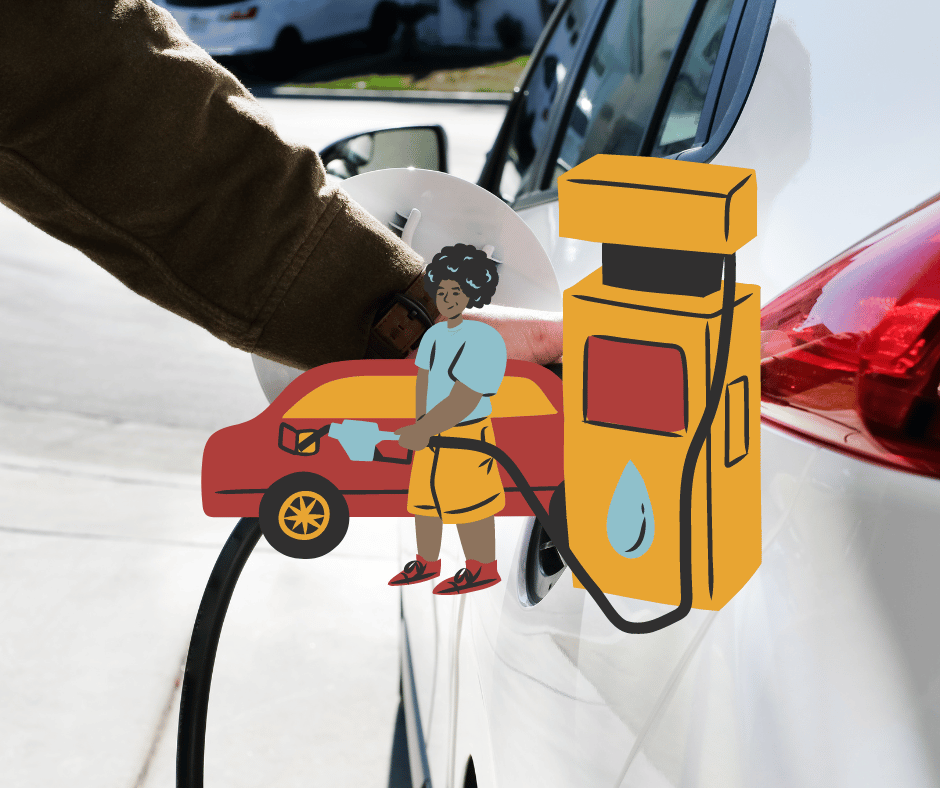
As we move towards a more sustainable future, the debate between electric and gasoline cars has become increasingly prominent. One of the most critical aspects of this debate is cost. To help you make an informed decision, we have analyzed the long-term expenses of owning and operating both electric and gasoline cars. This comprehensive guide will provide detailed insights into the financial implications of each option.
Initial Purchase Cost
Electric Cars
Electric cars (EVs) typically have a higher initial purchase cost compared to gasoline cars. This is primarily due to the cost of the battery, which is a significant component of an EV. However, government incentives and tax rebates can offset some of these costs, making EVs more affordable for first-time buyers and those looking to switch from traditional vehicles.
Gasoline Cars
Gasoline cars generally have a lower initial purchase cost. The technology is well-established, and the production costs are lower compared to electric cars. Additionally, the availability of a wide range of models and manufacturers often results in competitive pricing.
Fuel Costs
Electricity vs. Gasoline
One of the most significant cost differences between electric and gasoline cars is the cost of fuel.
- Electricity: Charging an electric car is significantly cheaper than refueling a gasoline car. The average cost to charge an EV is approximately $0.13 per kWh, which translates to about $500 to $1,000 per year, depending on usage and electricity rates.
- Gasoline: The cost of gasoline fluctuates based on market conditions but generally ranges between $2.50 and $4.00 per gallon. The average gasoline car consumes about 500 gallons per year, resulting in an annual fuel cost of $1,250 to $2,000.
Maintenance and Repairs
Electric Cars
Electric cars have fewer moving parts than gasoline cars, resulting in lower maintenance and repair costs. Key advantages include:
- No Oil Changes: EVs do not require oil changes, which can save $50 to $100 per service.
- Reduced Brake Wear: Regenerative braking reduces wear and tear on brake components, leading to fewer replacements.
- Fewer Engine-Related Issues: Electric motors are simpler and more reliable than internal combustion engines, leading to fewer breakdowns and repairs.
Gasoline Cars
Gasoline cars have higher maintenance and repair costs due to their complex engines and numerous moving parts. Common expenses include:
- Oil Changes: Required every 3,000 to 5,000 miles, adding to the annual maintenance cost.
- Brake Replacements: More frequent due to traditional braking systems.
- Engine Repairs: Internal combustion engines are prone to various issues, such as spark plug replacements, timing belt changes, and coolant system maintenance.
Insurance Costs
Electric Cars
Insurance premiums for electric cars can be higher due to the higher initial purchase cost and the expensive battery. However, some insurance companies offer discounts for electric car owners due to their lower risk of accidents and theft.
Gasoline Cars
Insurance costs for gasoline cars are generally lower than for electric cars. The wide availability of parts and established repair processes contribute to lower repair costs, which in turn, reduce insurance premiums.
Depreciation
Electric Cars
Electric cars tend to depreciate faster than gasoline cars. This is due to several factors, including:
- Rapid Technological Advancements: Newer models with better range and features are frequently introduced, making older models less desirable.
- Battery Degradation: The battery’s performance diminishes over time, reducing the car’s overall value.
Gasoline Cars
Gasoline cars have a more stable depreciation rate. The established market and slower pace of technological change contribute to a steadier decline in value over time.
Environmental Impact and Social Costs
Electric Cars
While the environmental benefits of electric cars do not directly translate to financial savings, they can have long-term social and economic benefits. Reduced emissions lead to cleaner air, which can lower healthcare costs and improve overall quality of life.
Gasoline Cars
Gasoline cars contribute to air pollution and greenhouse gas emissions, which have significant social and environmental costs. These impacts can lead to increased healthcare expenses and environmental remediation costs.
Total Cost of Ownership
Electric Cars
When considering the total cost of ownership, electric cars can be cheaper in the long term despite the higher initial purchase cost. The savings on fuel, maintenance, and potential tax incentives can offset the initial investment over several years.
Gasoline Cars
Gasoline cars may have a lower initial purchase cost, but higher fuel and maintenance expenses can make them more expensive over time. The stable depreciation rate, however, can provide some financial stability in terms of resale value.
In the debate of electric vs. gasoline cars, the long-term cost analysis reveals that while electric cars have a higher upfront cost, their lower operating expenses can make them more economical over time. The decision ultimately depends on your budget, driving habits, and personal preferences. By carefully evaluating these factors, you can make an informed choice that aligns with your financial goals and environmental values.
As we continue to move towards a sustainable future, the choice between electric and gasoline cars will play a crucial role in shaping our economic and environmental landscape. Whether you prioritize immediate savings or long-term benefits, understanding the total cost of ownership is essential in making the best decision for your needs.